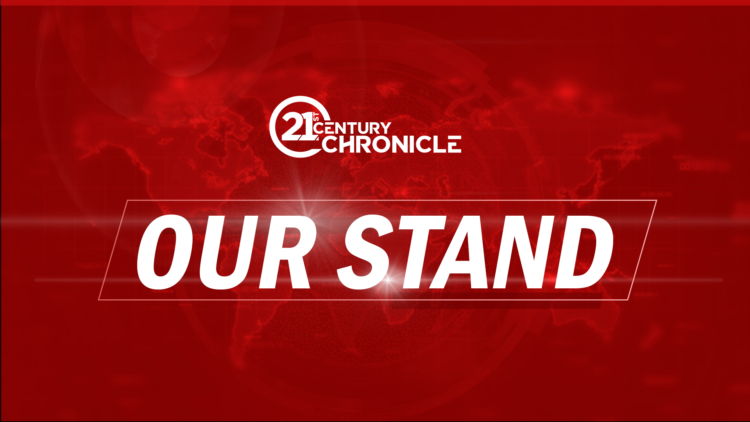At the 75th session of the UN General Assembly in New York on June 18, Portuguese born Antonio Guterres secured a second five-year term as Secretary General of the United Nations. UN General Assembly President Volkan Bozkir announced that Guterres “has been appointed by acclamation as Secretary-General of the United Nations for the second term of office beginning on January 1, 2022 and ending on December 31, 2026.”
Guterres, who speaks fluent English, French and Spanish, three of the UN’s six official languages, is being re-appointed at a very crucial time in world history. He is not unaware of the situation. In his acceptance speech, he said, “We are truly at a crossroads, with consequential choices before us. Paradigms are shifting. Old orthodoxies are being flipped. We are writing our own history with the choices we make right now. It can go either way: breakdown and perpetual crisis or breakthrough and prospect of a greener, safer and better future for all. There are reasons to be hopeful.”
An immediate challenge facing Guterres is how to ensure equity in the distribution of COVID-19 vaccines among developed and developing countries. As at today, many countries in the Southern Hemisphere do not have enough vaccines to halt the pandemic that has killed 3.9 million persons worldwide. While the West has vaccinated a good percentage of its population, many under-developed countries have not vaccinated up to 1 per cent of their population. The UN, through the World Health Organization (WHO), should move very fast to close this gap. How the pandemic is handled would determine how Guterres would be remembered as he is UN scribe at the juncture of a global pandemic.
Apart from COVID-19 pandemic, the UN under Guterres faces the challenge of tackling conflicts in the Middle East and other parts of the world, including several conflicts in Africa. He must mobilize the United Nations to find a creative approach to ending bloodshed and lowering tensions in various parts of the world. Also, the race to tame climate change and its negative consequences must not be halted, as adverse weather changes threaten this Earth and humanity.
The UN is prosecuting the Sustainable Development Goals (SDGs), meant to tackle besetting problems of poverty, gender inequality, social inequity, social injustice and environmental protection. Guterres must not drop the ball during his second tenure. The task of uniting the world and limiting global conflicts is very tough, but Guterres has the opportunity of making a mark through adroit diplomacy and love for the peoples of the world.









